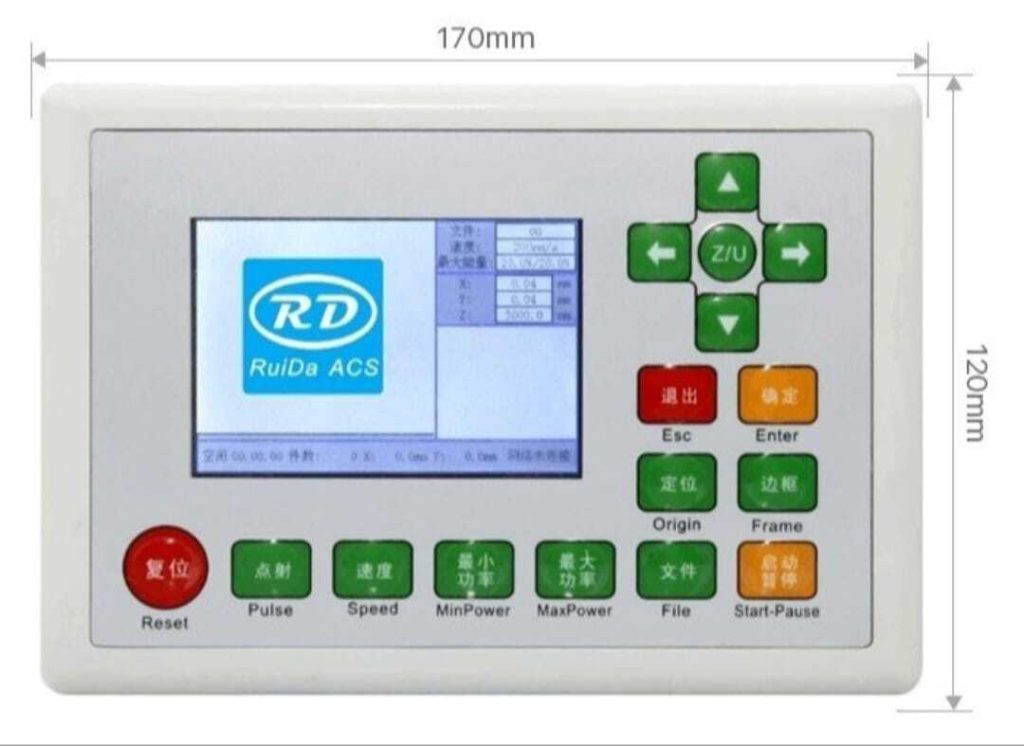
CO2 laser glass tubes are crucial components in laser cutting and engraving machines. They work by exciting a mixture of gases, typically carbon dioxide, nitrogen, and helium, with electrical current to generate a laser beam. The glass CO2 laser tubes are less expensive compared to metal RF (radio frequency) tubes and are primarily used for non-metal materials like acrylic, wood, leather, plastic, paper, or bamboo.
There are significant differences between glass and metal CO2 laser tubes. Glass tubes, which use direct current (DC), are less expensive but have a larger beam diameter, resulting in slower engraving speeds compared to metal tubes. Metal tubes, on the other hand, use radio frequency (RF) to excite the gas and can pulse at higher rates, allowing for finer detailing in engravings.
Glass CO2 tubes are considered consumables with a typical warranty period ranging from 3 to 12 months. They require a water-cooling system to prevent overheating, unlike metal tubes, which can be air-cooled. Overheating can reduce the lifespan of the tube, so it's important to ensure proper cooling during operations. It's advised to use a dedicated water cooler/chiller unit with an electrical interface that stops the laser if the water cooling unit is not running.
When selecting a CO2 laser tube, it's important to understand the power ratings. A tube's length and diameter can give an indication of its power capacity. For instance, tubes measuring 55 x 1000 mm usually have a maximum power output of 50W. It's essential to ensure that the power ratings provided by the supplier match the physical size of the tube to avoid underpowered tubes that may not meet your needs.
To prolong the life of your glass CO2 laser tube, it's crucial to maintain cleanliness, avoid overheating, and regularly monitor the tube's performance. Overdriving the tube beyond its rated power can drastically shorten its life. Also, when buying a new machine or a replacement tube, it's advisable to choose reputable brands and verify the tube's manufacturing date to ensure freshness and quality.
Overall, while glass CO2 laser tubes are more affordable and sufficient for many applications, their lifespan and maintenance requirements differ from those of metal tubes. Your choice between glass and metal tubes should depend on your budget, the precision required for your projects, and the materials you plan to work with.